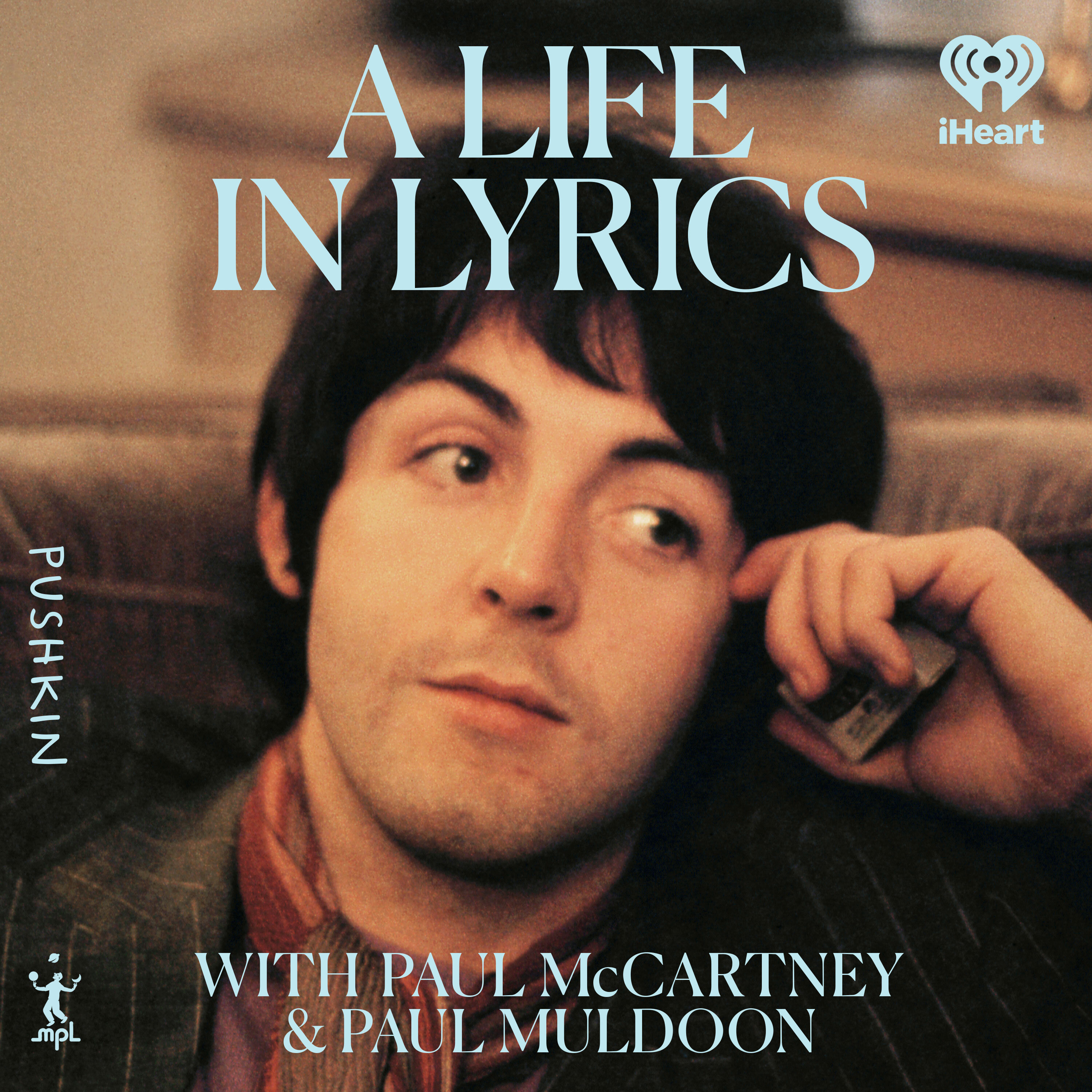
McCartney: A Life in Lyrics
<p><strong><em>McCartney: A Life in Lyrics</em></strong> offers listeners the opportunity to sit in on conversations between Paul McCartney and poet Paul Muldoon dissecting the people, experiences, and art that inspired McCartney’s songwriting. These conversations were held during the past several years as the two collaborated on the award winning book, “The Lyrics: 1965 to Present.” Over two seasons and 24 episodes of “McCartney: A Life in Lyrics”,<em> </em>you’ll hear a combination master class, memoir, and improvised journey with one of the most beloved figures in popular music. Each episode focuses on one song from McCartney’s iconic catalog – spanning early Beatles through his solo work. Season 2 premieres on February 7th.</p> <p>“McCartney: A Life in Lyrics” is a co-production between iHeart Media, MPL and Pushkin Industries.</p> <p>Cover Portrait © 1967 Paul McCartney / Photographer: Linda McCartney</p>